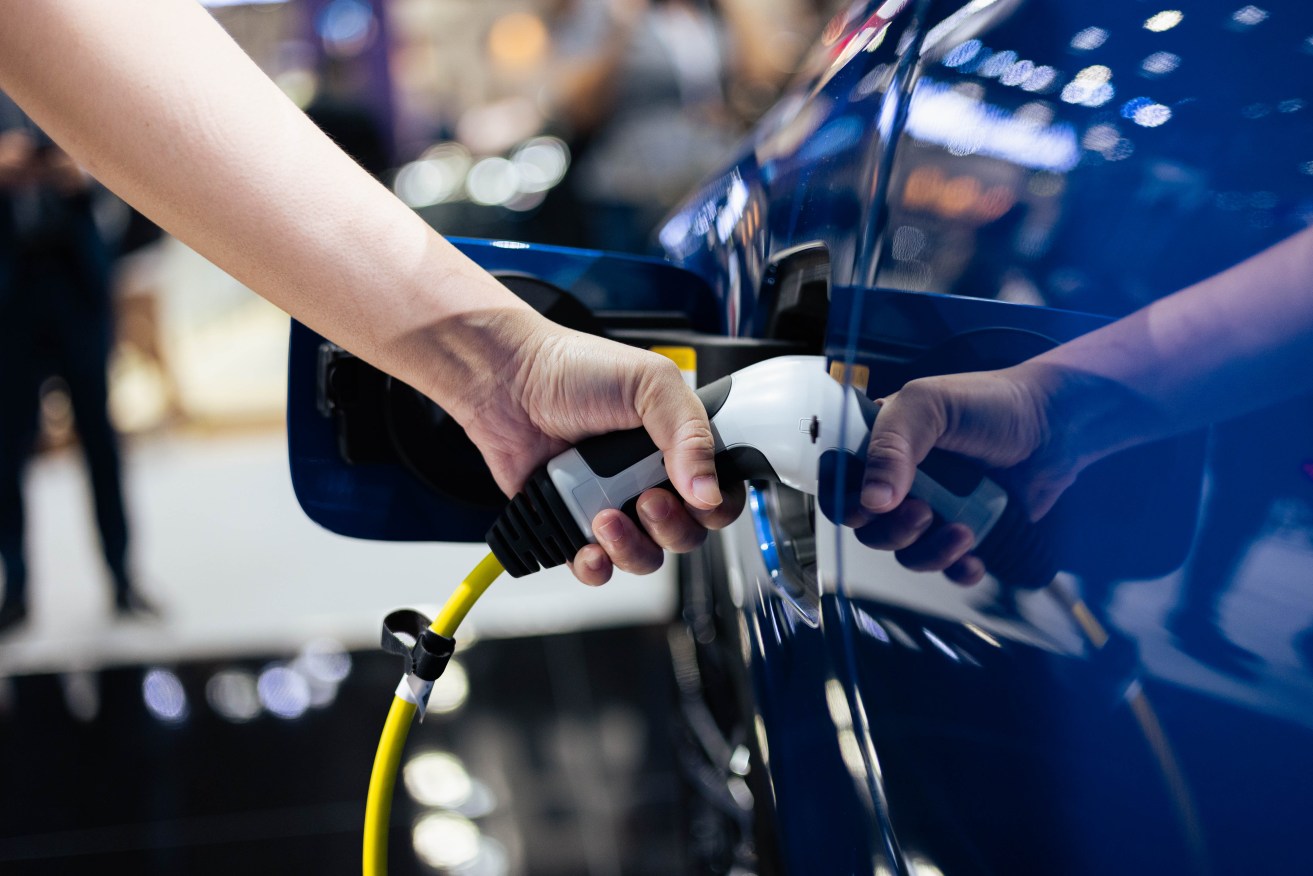High Court’s EV ruling puts other state taxes in doubt

The High Court's ruling on Victoria's electric vehicle charges may have national ramifications. Photo: Getty
State mining royalties, waste management levies and road congestion charges could all be vulnerable to challenge following the High Court’s ruling on Victoria’s road user charge policy.
The landmark judgment found it was unlawful for the Victorian government to charge low emission vehicle owners a fee for each kilometre they travel because it was a duty of excise that could only be imposed by the Commonwealth.
University of Southern Queensland’s Anthony Gray warned the ruling could have implications for other similar state taxes.
The professor, an expert on Australia’s excise laws, said treasurers in other states and territories would be revisiting plans for similar schemes, including congestion charges, waste management levies and royalties on mining products.
“It’s fair to say that potentially they are vulnerable to a High Court challenge given the decision yesterday,” he told ABC Radio on Thursday.
The 4-3 split decision was based on the meaning of the word “excise” in the Constitution, which prohibits states and territories from levying taxes that are excises – which are essentially taxes on goods.
Professor Gray said the High Court found that a tax on the act of consumption was an excise, going against a decision made 50 years ago to the contrary.
The Victorian government’s road user charge was introduced in 2021. It was designed to match the contribution drivers of fuel-powered vehicles already make to road maintenance through a Commonwealth fuel excise.
Victorian drivers Chris Vanderstock and Kath Davies launched the lawsuit shortly after the state government introduced the laws targeted at electric, hydrogen and plug-in hybrid vehicles.
The law charged electric and hydrogen vehicle owners 2.8 cents for each kilometre they travelled during the year and plug-in hybrid vehicle owners 2.3 cents.
Prof Gray said the ruling signalled a deeper tension between the responsibilities of state and federal governments.
He said the federal government was responsible for climate policy at a national level and was brokering deals on the international stage.
“And it makes sense to me that the same government that makes those kinds of promises internationally has the policy mechanisms to implement them domestically,” he said.
The federal and state governments are seeking advice on the court decision.
– AAP








